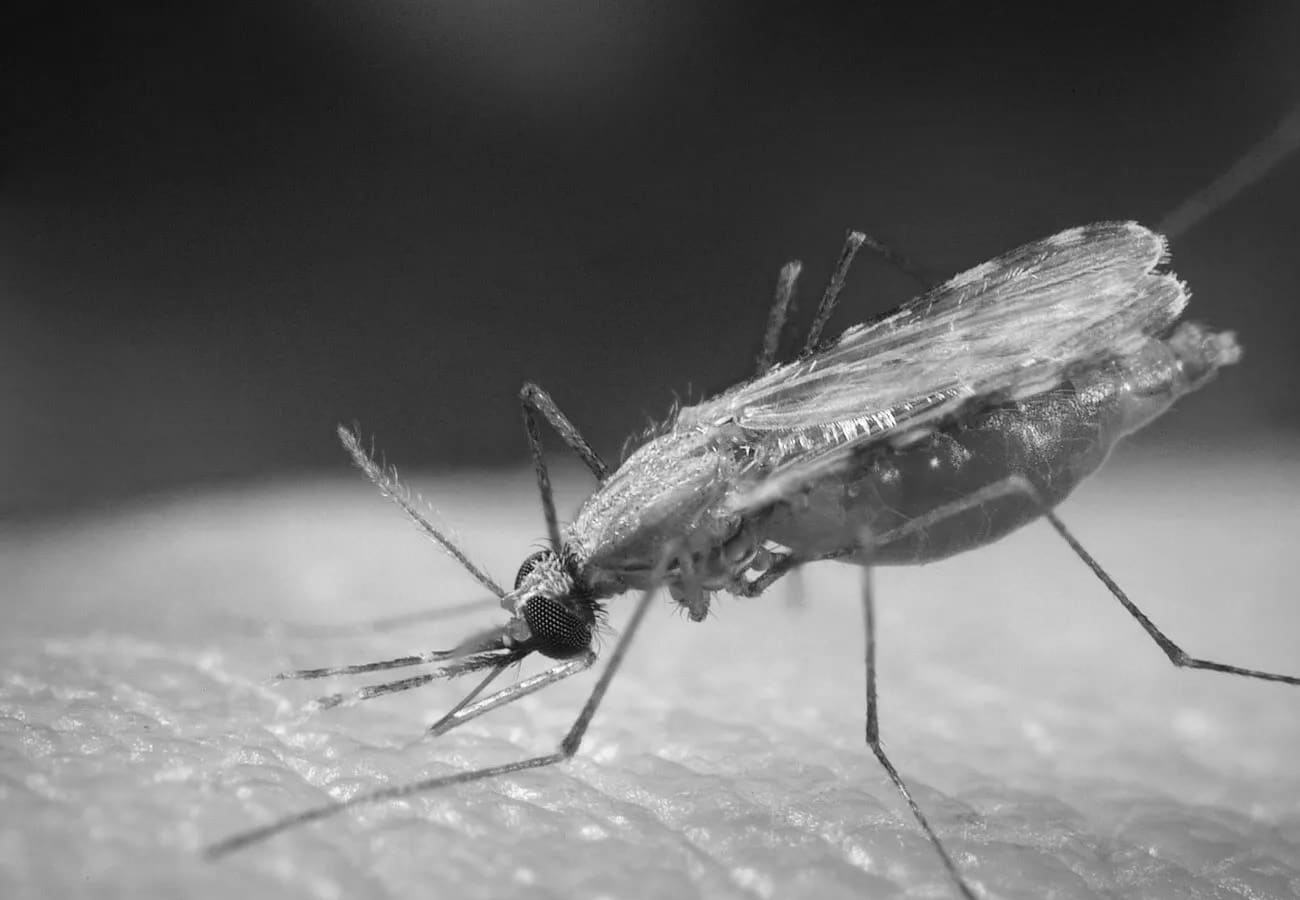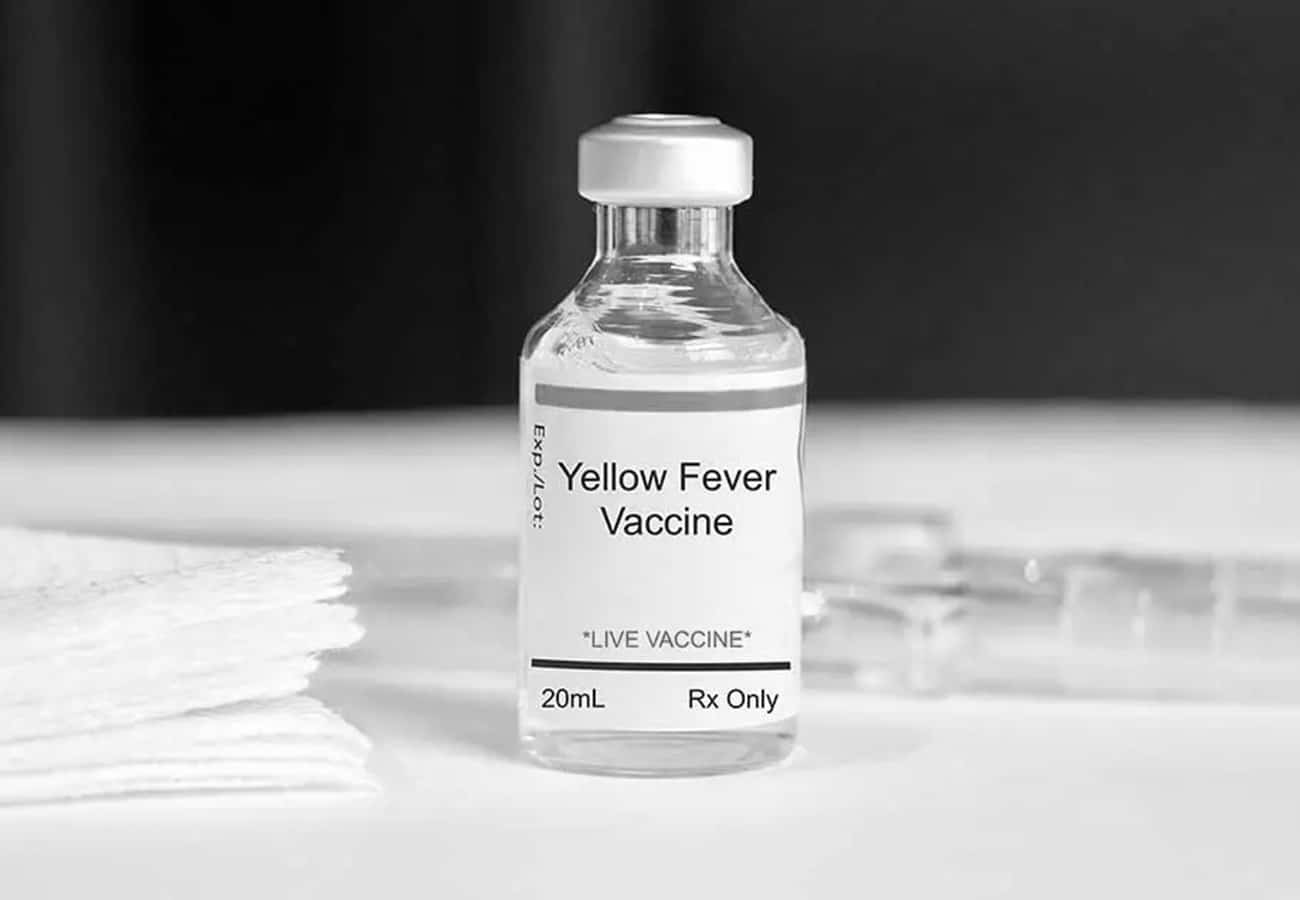The Essential Shots for a Memorable Trip: Vaccinations for Kenya and Tanzania Adventures
Embarking on a thrilling adventure to Kenya and Tanzania? Before you pack your bags and set off to explore the breathtaking landscapes and stunning wildlife, there’s an important aspect you must get covered: vaccinations. As you venture into these incredible destinations, protecting your health should be a top priority. This article dives into the essential shots required for Kenya and Tanzania to ensure a safe and memorable trip.
Importance of vaccinations for travel to Kenya and Tanzania

In Kenya and Tanzania, various diseases pose a potential risk, such as yellow fever, typhoid, hepatitis A, and malaria. Understanding the necessary vaccinations and preventive measures will not only safeguard your well-being but also provide peace of mind during your adventures.
When planning your trip to both countries, it’s crucial to prioritize your health. This is why you need to know the essential shots required for Tanzania and Kenya trip before heading to the airport. Vaccinations play a vital role in protecting against diseases that may not be prevalent in your home country. By getting vaccinated, you reduce the risk of contracting and spreading infectious diseases, ensuring a worry-free journey.
Common diseases and health risks in Kenya and Tanzania

Before delving into the specific shots required for Kenya and Tanzania, it’s essential to familiarize yourself with the common diseases and health risks in both countires. These regions, while offering awe-inspiring natural beauty, also come with their own set of health concerns.
Malaria, a mosquito-borne disease, is prevalent in both Kenya and Tanzania. It’s important to take preventive measures such as using insect repellents, sleeping under mosquito nets, and taking antimalarial medication as advised by your healthcare professional.
Other diseases to be aware of include yellow fever, typhoid, and hepatitis A. Yellow fever is a viral illness transmitted by mosquitoes and can be prevented through vaccination. Typhoid and hepatitis A are both food and waterborne diseases that can be avoided by practicing good hygiene and getting vaccinated.
Recommended vaccinations for Kenya and Tanzania trips
To ensure a safe and healthy journey, certain vaccinations are highly recommended for travel to Kenya and Tanzania. The most critical vaccination to consider is the yellow fever vaccine. Many countries require proof of yellow fever vaccination upon entry, so it’s crucial to check the specific requirements for your travel itinerary.
In addition to yellow fever, other recommended shots required for Tanzania and Kenya include typhoid and hepatitis A. These diseases can be contracted through contaminated food and water, which are common in many travel destinations. By getting vaccinated, you significantly reduce the risk of falling ill during your trip.
Required vaccinations for entry into Kenya and Tanzania

Apart from the recommended vaccinations, there are specific shots required for Kenya and Tanzania for entry into Kenya and Tanzania. As mentioned earlier, yellow fever vaccination is mandatory for travelers coming from countries with a risk of yellow fever transmission. Failure to provide proof of yellow fever vaccination may result in denial of entry or quarantine.
It’s important to note that vaccination requirements may change, so it’s advisable to consult the embassy or consulate of Kenya and Tanzania to ensure you have the most up-to-date information. Keeping yourself informed and prepared will help avoid any complications during your trip.
Consultation with a travel health specialist
To ensure you receive the most accurate and personalized advice regarding vaccinations for your trip to Kenya and Tanzania, it is highly recommended to consult with a travel health specialist. These healthcare professionals are well-versed in the specific health risks associated with travel to different regions and can provide tailored recommendations based on your individual needs.
A travel health specialist will assess your medical history, current health status, and travel itinerary to determine the necessary vaccinations and preventive measures. They can also provide valuable information on other health concerns, such as altitude sickness for those planning to embark on trekking expeditions.
Timing of vaccinations before travel
Timing is crucial when it comes to getting the shots required for Tanzania and Kenya. Some vaccines require multiple doses, while others take time to build immunity in your body. It’s important to plan ahead and allow sufficient time for vaccinations to take effect before your departure.
Ideally, you should consult with a travel health specialist at least 4-6 weeks before your trip. This allows ample time for any necessary vaccinations and ensures you are fully protected before exposure to potential diseases. However, even if your departure is imminent, it’s still advisable to seek medical advice and receive any recommended vaccinations.
Additional travel health precautions
While vaccinations form a critical part of your travel health plan, there are additional precautions you should take to minimize the risk of illness during your trip to Kenya and Tanzania. These precautions include practicing good personal hygiene, avoiding street food and tap water, and using insect repellents to protect against mosquito bites.
It’s also essential to pack and use appropriate sunscreen to protect your skin from the harsh African sun. Wearing protective clothing, such as long sleeves and pants, can further reduce the risk of insect bites and sunburn.
Packing a travel health kit for Kenya and Tanzania
In addition to vaccinations and preventive measures, it’s advisable to pack a travel health kit to ensure you have the necessary supplies in case of minor health issues. Your travel health kit should include essentials such as over-the-counter medications for pain relief, fever, allergies, and diarrhea. It’s also a good idea to carry mosquito repellents, sunscreen, and basic first aid supplies.
Post-travel health considerations
Once your trip to Kenya and Tanzania has come to an end, it’s important to consider post-travel health measures. Depending on your travel history, you may need to monitor your health for any signs of illness or consult a healthcare professional if you develop symptoms.
If you experience any unusual symptoms, such as fever, persistent diarrhea, or skin rashes, it’s crucial to seek medical attention and inform your healthcare provider about your recent travel history. Early detection and treatment can prevent potential complications and ensure your continued well-being.
Prioritize your health for a worry-free trip
In conclusion, vaccinations are essential to planning a trip to Kenya and Tanzania. By understanding the common diseases and health risks, getting the recommended shots required for Kenya and Tanzania, and taking additional preventive measures, you can prioritize your health and enjoy a worry-free journey.
Remember to consult with a travel health specialist, adhere to the recommended timing of vaccinations, and pack a travel health kit to ensure you have everything you need for a safe and memorable adventure. By taking these precautions and prioritizing your health, you can fully immerse yourself in the wonders of Kenya and Tanzania, creating memories that will last a lifetime.
For more articles related to Tanzania Immigration, click here!

































